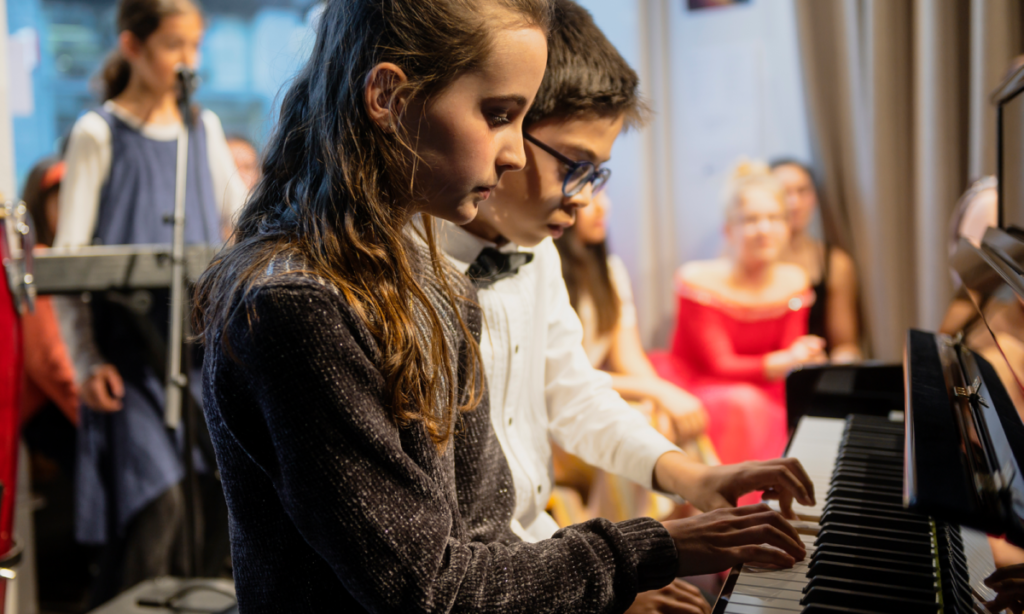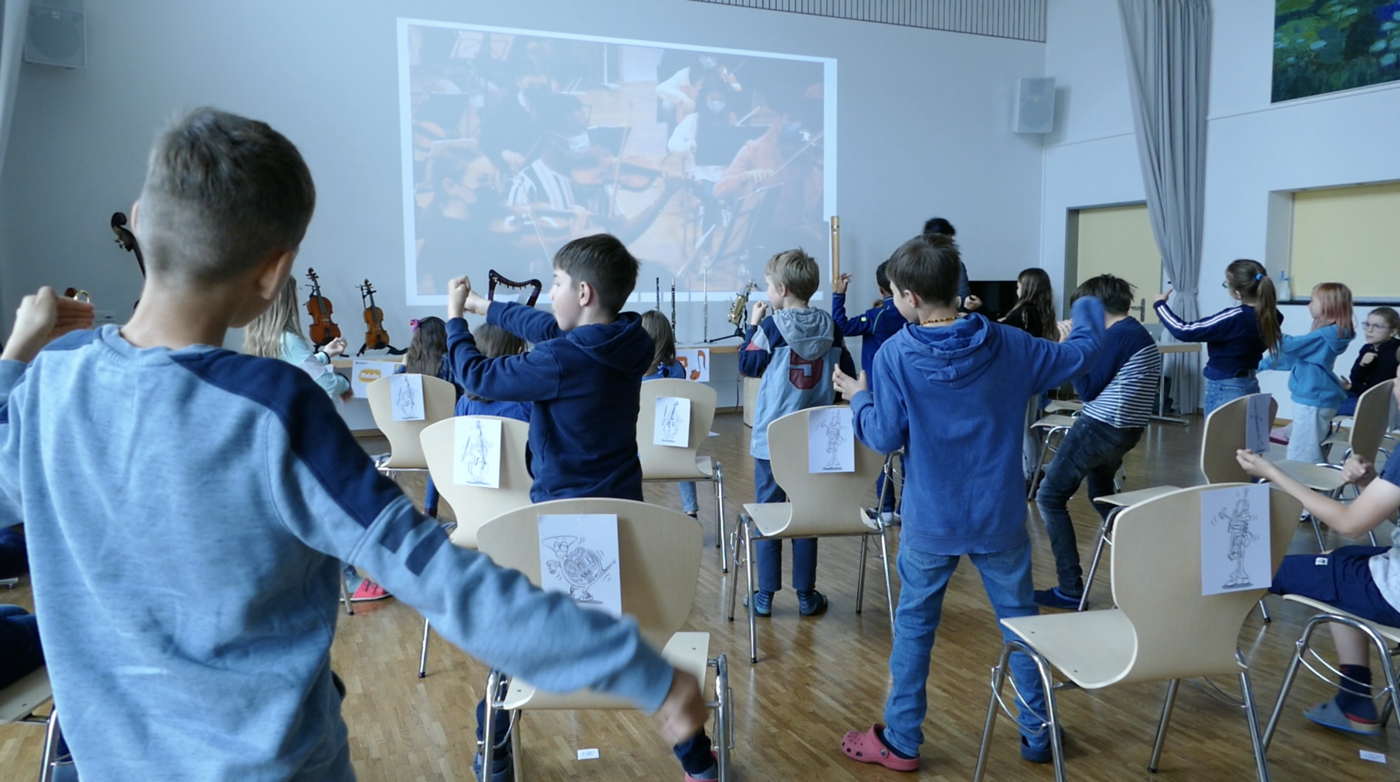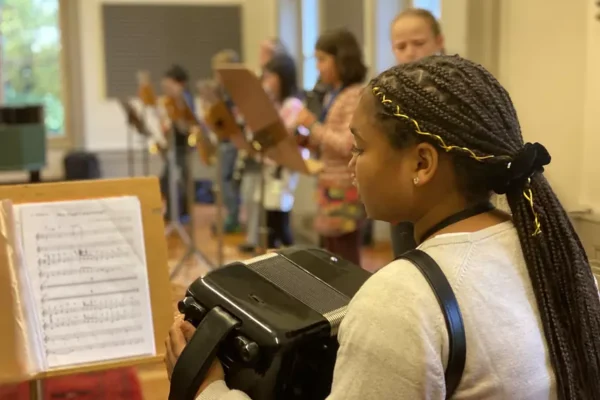Quando scuola e scuola di musica remano nella stessa direzione
Il 20.9.23, circa 50 direttori di scuole di musica dei Cantoni della Svizzera centrale si sono incontrati per uno scambio di idee e la conferenza regionale. The event is held annually and is organized in cooperation with the ASSM and the Scuola universitaria di musica di Lucerna.
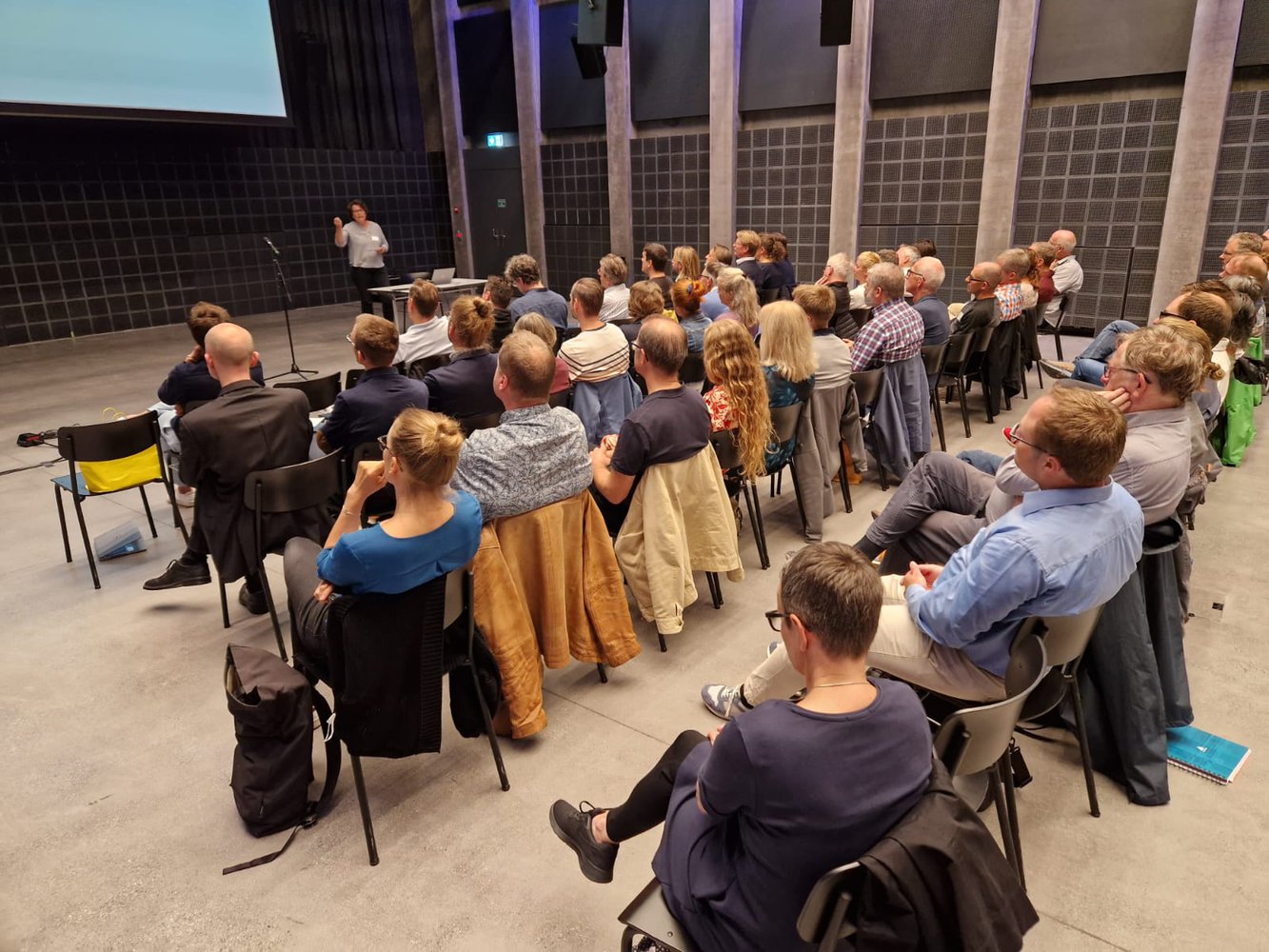
Photo: Margot Müller
This year's meeting focused on the collaboration between music schools and elementary schools. In an investigation prior to the event, the music schools indicated the types of projects and collaborations that currently exist - it was found that the range is very broad and that in many places collaboration is regulated and institutionalized. La materia "Musica e movimento" è saldamente integrata nell'insegnamento quotidiano in numerose scuole di musica. Many music schools collaborate in annual projects, which include project sessions, instrumental presentations, concerts and workshops for groups of musicians. It is also very common to work together in the context of more important events - concerts or musical events, especially in the national period.
Due esempi di collaborazione istituzionalizzata sono stati brevememente presentati alla conferenza regionale. Inoltre, un cortometraggio dell'EMSA ha animato la discussione. EMSA ("Una scuola (di musica) per tutti") è un modello dalla Germania con vari elementi costruttivi, che mira ad approfondire la cooperazione tra scuole di musica e scuole elementari, sia a livello pedagogico che strutturale. The basis of this model is the appointment of two "musical coordinators", one from the elementary school and one from the music school, who guarantee reliable and professionally managed processes and procedures, which provides a solid foundation for cooperation.
Le successive discussioni sul palco e di gruppo sono state molto animate. La collaborazione tra scuola di musica e scuola elementare è stata descritta dalla maggior parte dei partecipanti come auspicabile e fruttuosa. Due cose sono state evidenziate come importanti. In the first place, cooperation must be legally established. And in the second place, the music teachers, who are already used to teaching individual lessons, should undergo continuous training to obtain the necessary tools for group lessons.
Philippe Krüttli ed Eva Crastan del Consiglio direttivo ASSM, come pure Andrea Kumpe e Matthjas Bieri del Dipartimento Musica della Scuola universitaria di Lucerna hanno ringraziato i partecipanti per i loro contributi e le discussioni stimolanti, invitandoli ad uno stand-up lunch.






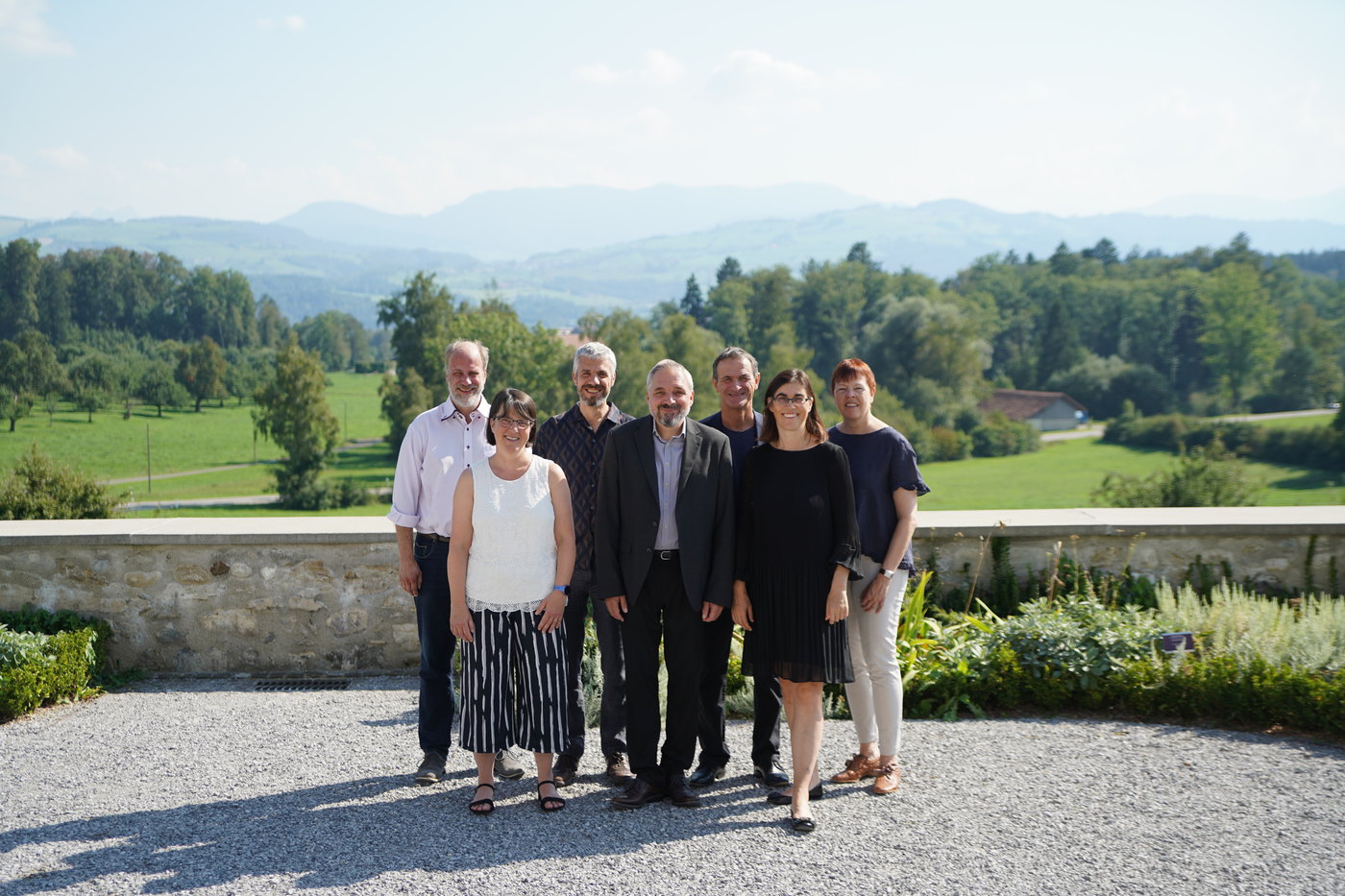
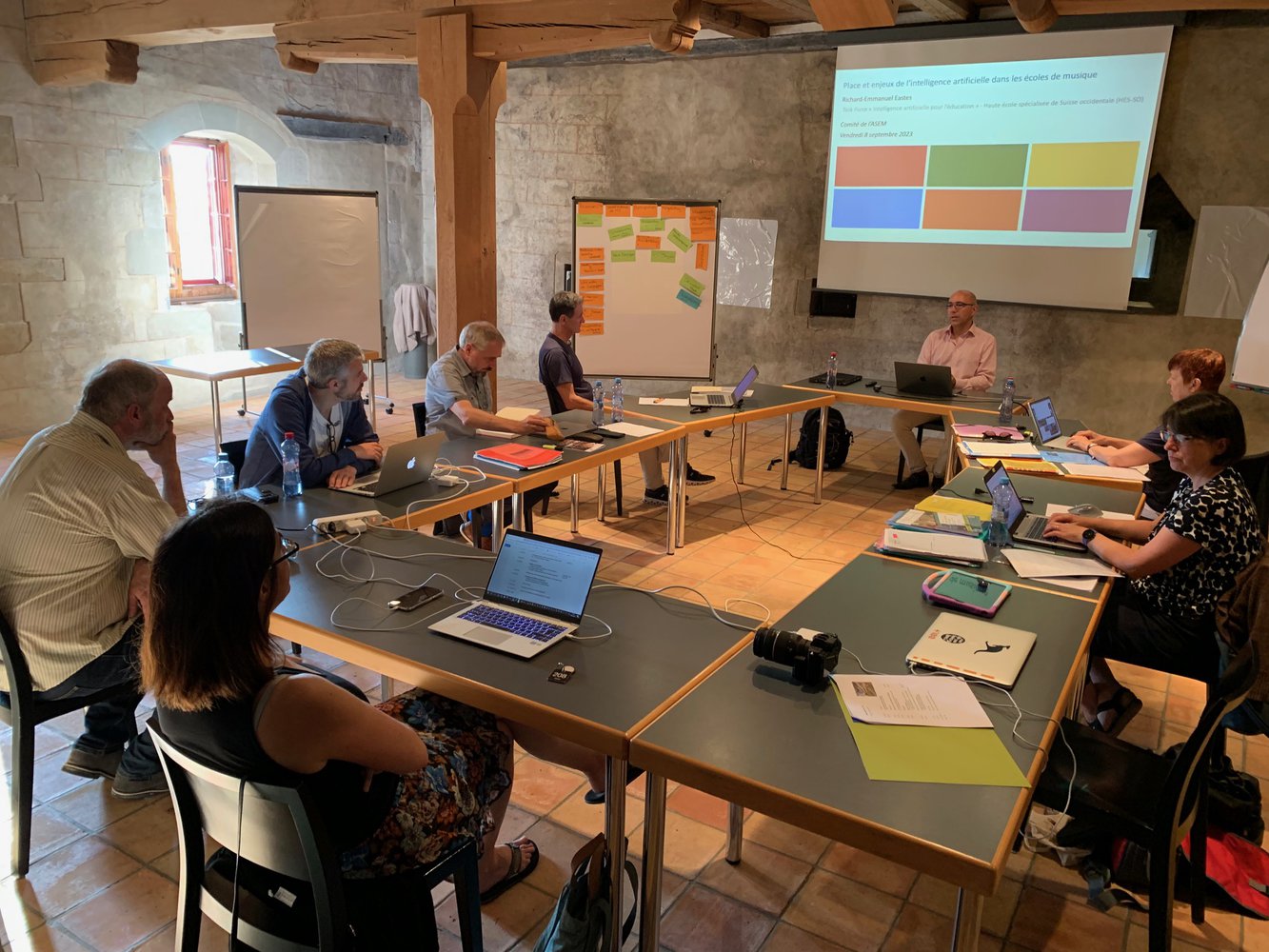
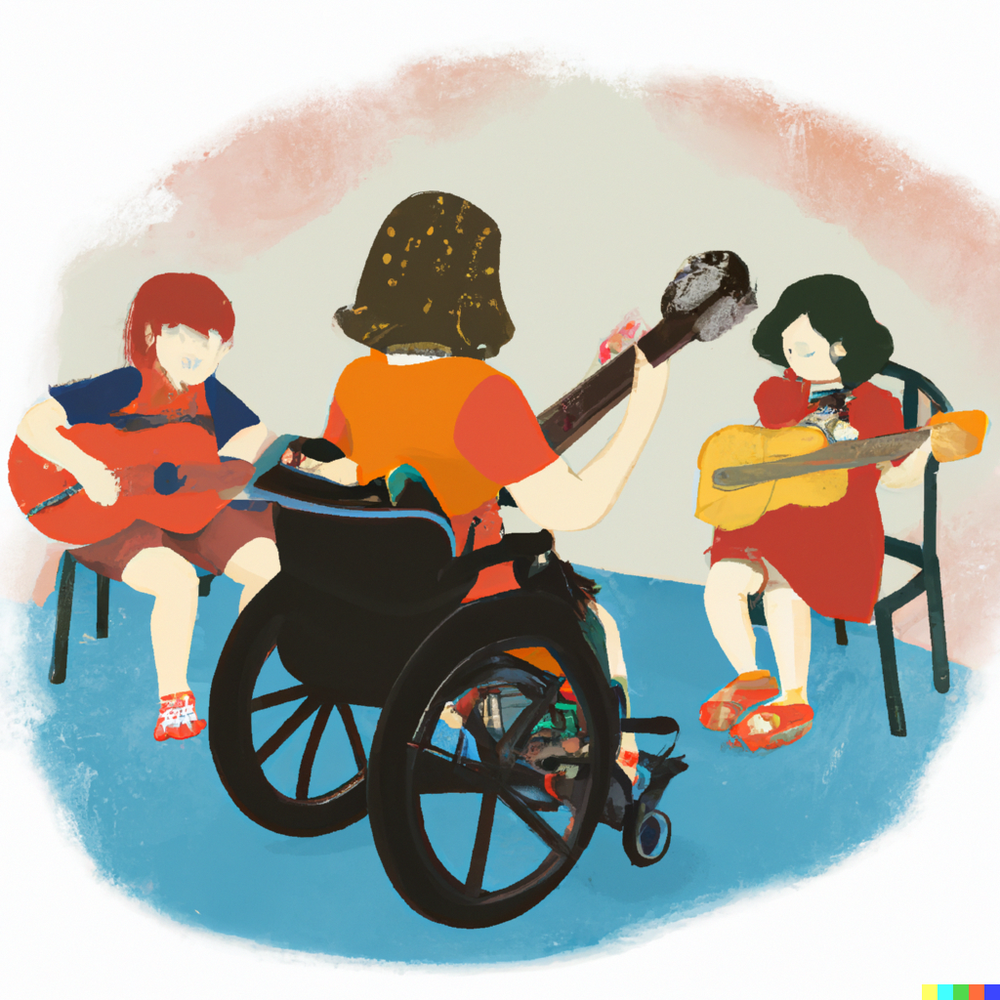
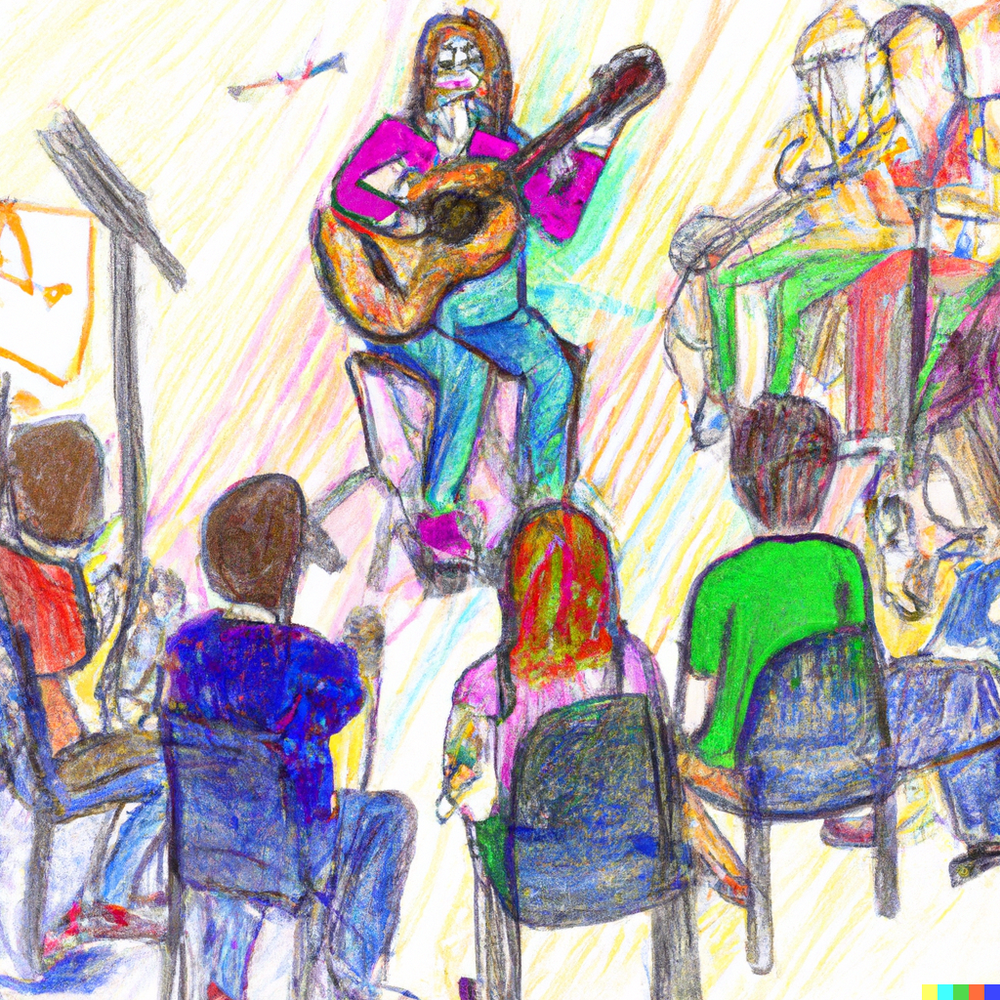
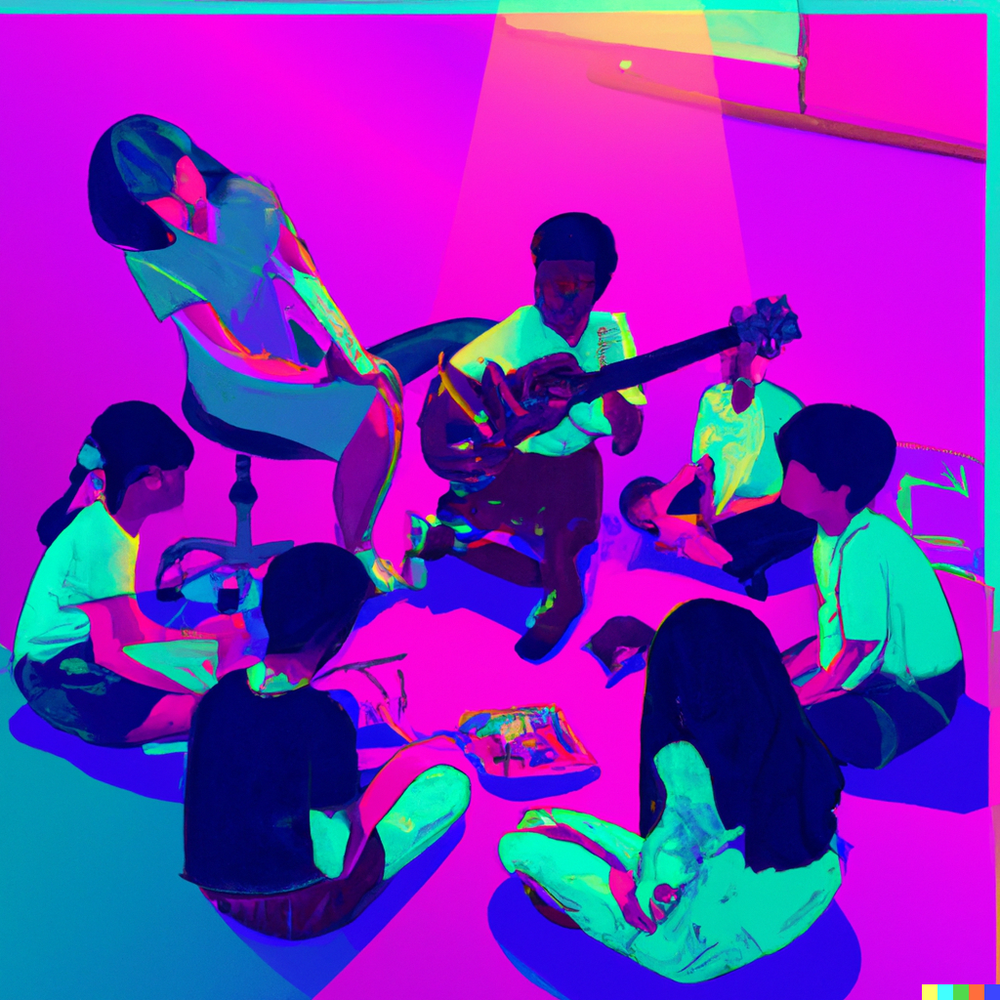 From generative AI
From generative AI 
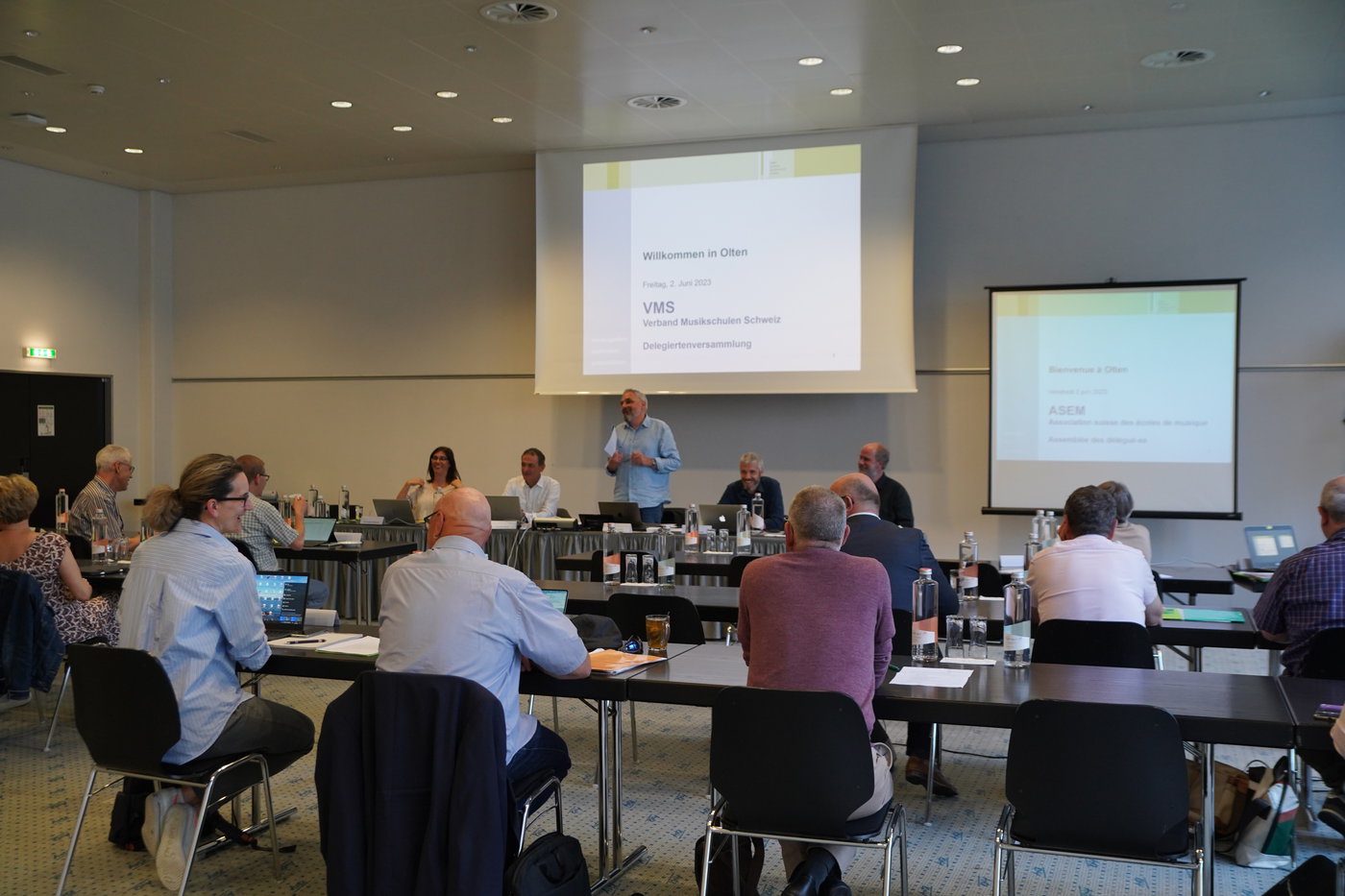 Photo: Anicia Kohler
Photo: Anicia Kohler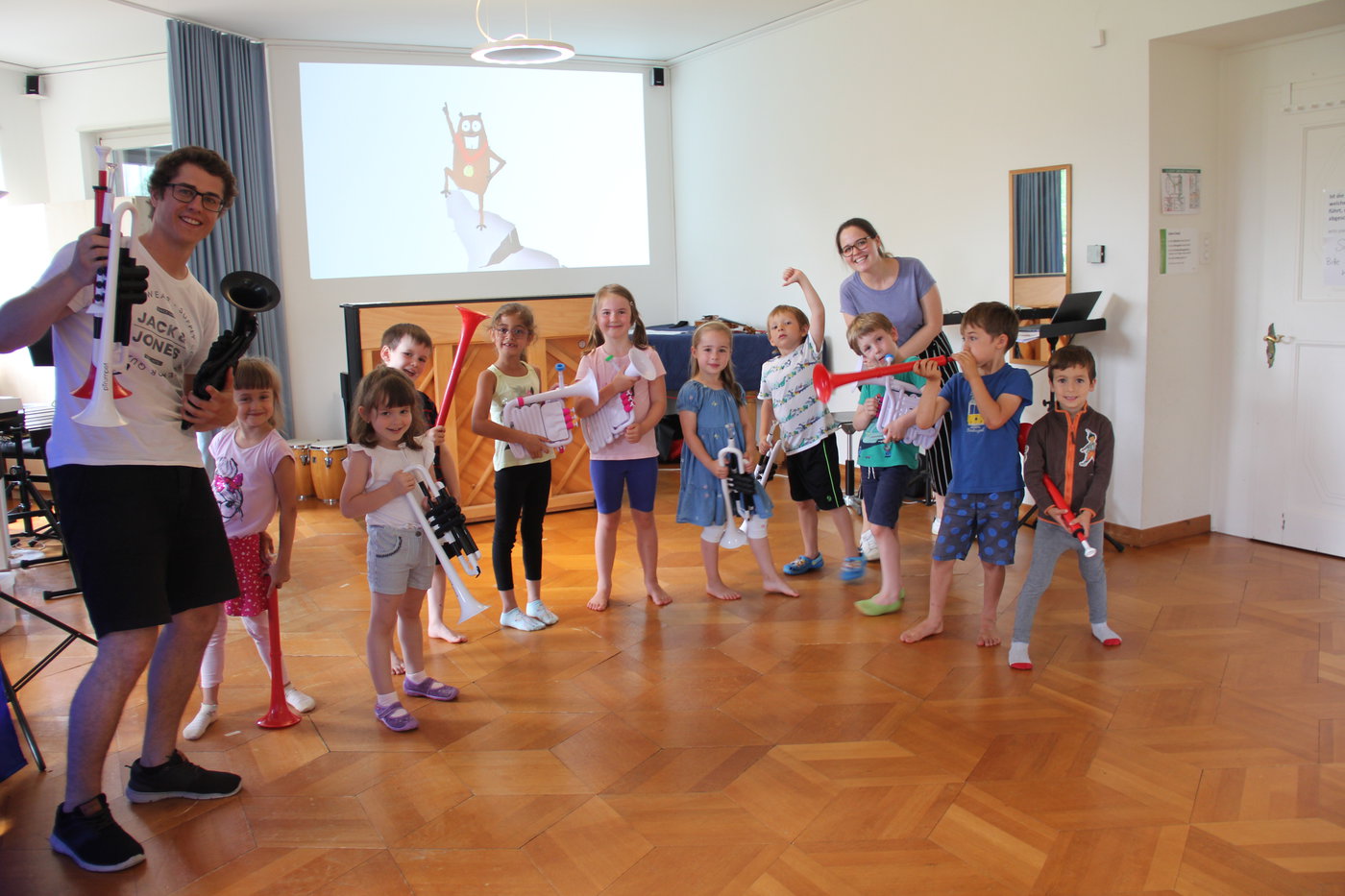 Picture: ZVG
Picture: ZVG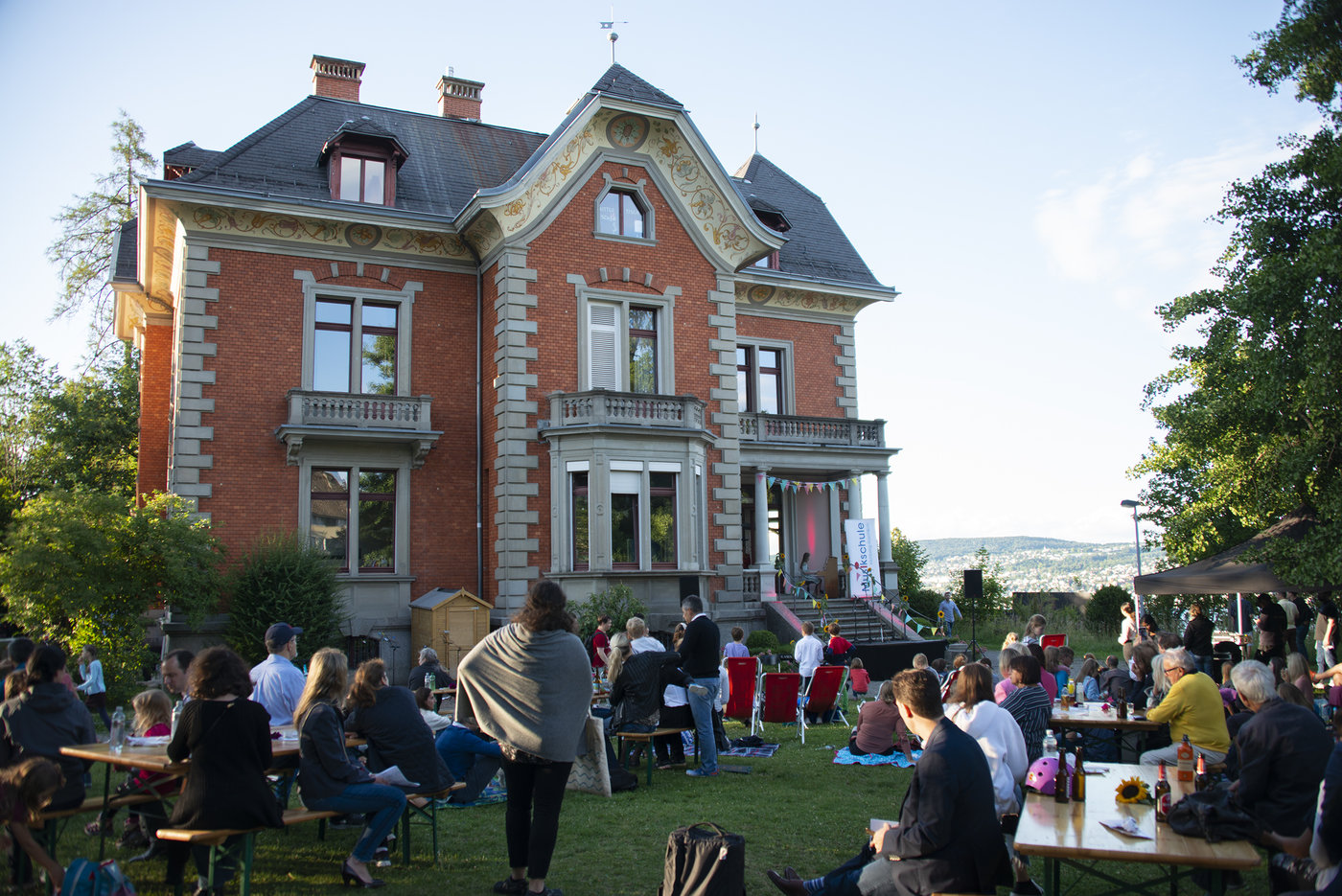 Picture: ZVG
Picture: ZVG